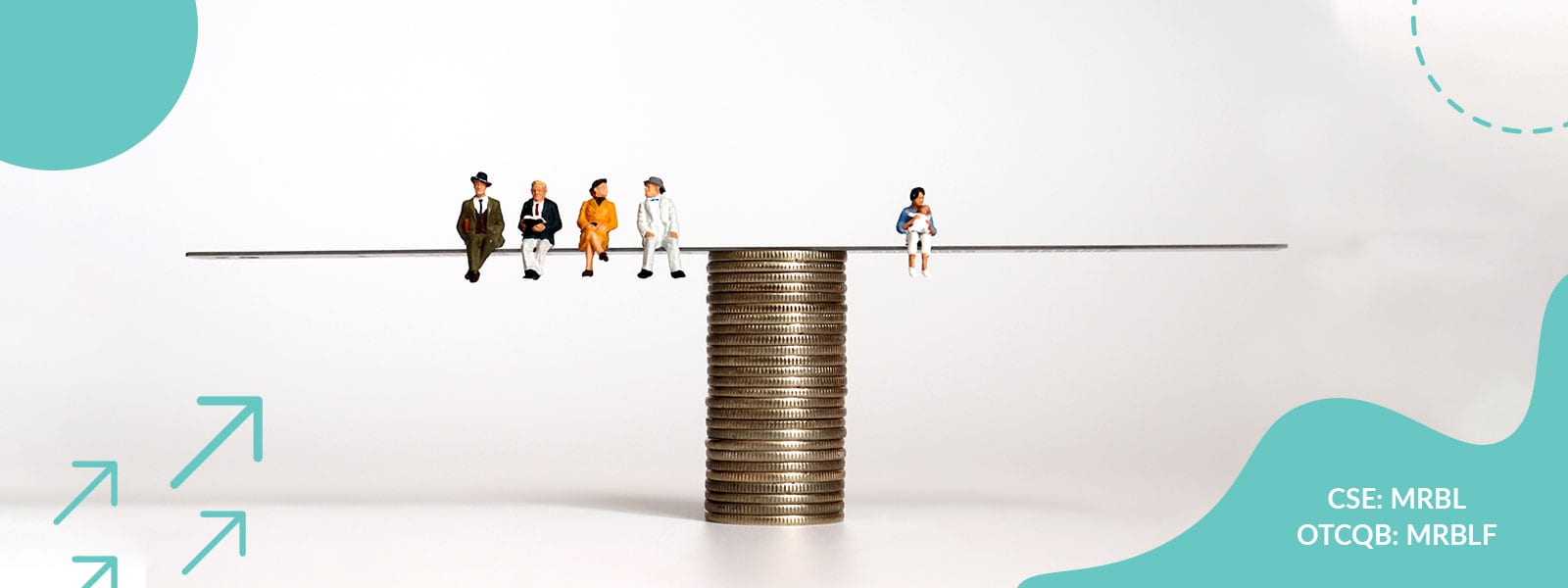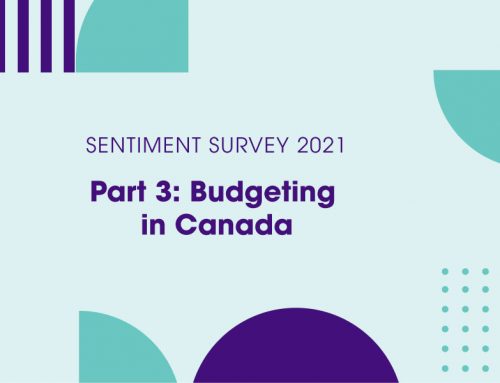“One of the best pieces of money advice is to live below your means.”—Todd Kunsman from Invested Wallet On Budgets.
“The number one most common mistake I see young people make is that they think they don’t need to start saving until they get older.”—Kate Ryan, a wealth management advisor with TIAA.
“Save 15% of your salary and invest it in a simple portfolio.”—Uri Pomerantz, CEO of Twine.
What does this financial advice have in common? In order to know how much money you would need to live below your means or to save for retirement or invest 15% of your income, you need a budget.
3 reasons you need a budget—and one to follow
Let’s break those three pieces of advice down further.
Why you need a budget #1: to live below your means
“One of the best pieces of money advice is to live below your means.”—Todd Kunsman from Invested Wallet. How do we know that we are living below our means? We would need to look at our financial statements to discover how much income we’re making, how much we’re spending on essential costs of living and how much we’re spending elsewhere, saving, and investing.
In order to live below your means, you would need a budget to follow to ensure that your cost of living and your non-essential spending is not more than you’re making and still has room to save and invest. A budget can help shed light on unhealthy and unsustainable spending habits. It can also ensure that you’re not spending money that you don’t have.
We’ll set you up with a budget for that in a moment.
Why you need a budget #2: to start saving for your future
“The number one most common mistake I see young people make is that they think they don’t need to start saving until they get older.”—Kate Ryan, a wealth management advisor with TIAA. How do we know how much we can and should set aside for savings every month or more?
Your budget can help you set aside emergency savings and savings for your future, such as buying a house, going on a trip, and for retirement. Even if you set aside a small amount, such as $30 per week, you could have $1,440 by the end of the year and $14,400 in ten years (not to mention interest earned).
Think of how much you could save if you kept that up for decades. All you have to do is set up an automatic savings transfer and forget about it.
Why you need a budget #3: to get your money working for you
“Save 15% of your salary and invest it in a simple portfolio.”—Uri Pomerantz, CEO of Twine. Now, if you took that same money that you had been saving and invested it in various types of investments, such as high-yield savings accounts, mutual funds, and stocks and bonds, your money could be working for you while you slept.
A simple budget to start following now:
One of the simplest budgets to follow is the 50-30-20 budget. Here’s what it means:
- 50% of your income goes to living essentials such as groceries, rent and utilities
- 30% of your income goes to lifestyle expenses such as clothing, eating out and so on
- 20% of your income goes to savings and investments
Let’s say you make $30,000 per year or $2,500 per month after taxes. If we follow this 50-30-20 budget, here’s your monthly spending breakdown:
- $1250 on living essentials
- $750 on lifestyle
- $500 on savings
Look at your own monthly spending habits against your income. Are you living beyond your means? Are you saving for your future (or working to get out of debt)? Are you investing to make your money work for you?
You need a budget so that you can take control of your money—and your financial future.






